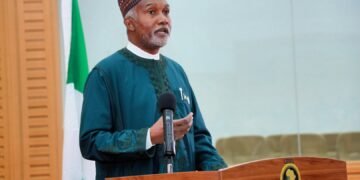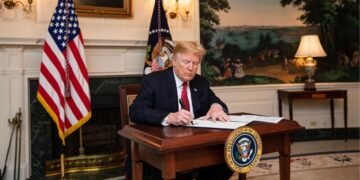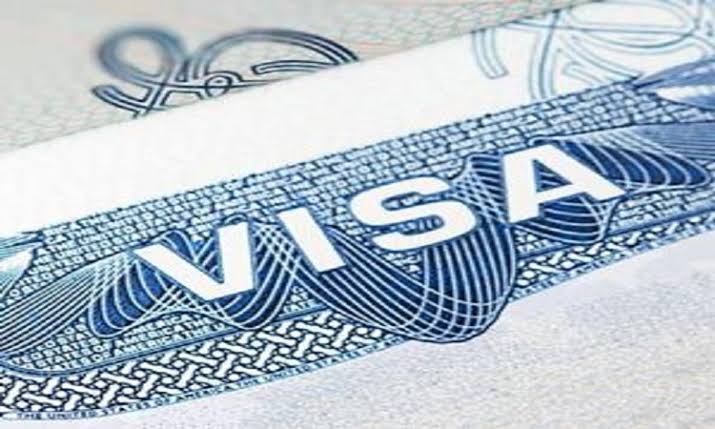The United States Department of State has announced new visa restrictions on Nigerian travelers, limiting most non-immigrant visas to single-entry status with a validity of only three months, effective from July 8, 2025. This marks a significant reduction from previous multiple-entry visas and is part of a broader U.S. policy review known as visa reciprocity adjustments.
The U.S. cited several key reasons for this decision:
1. Lack of Reciprocity from Nigeria:
Visa reciprocity means that the U.S. expects other countries to grant American travelers visa terms that are similar to what the U.S. offers their citizens. If Nigeria limits the number of entries or the validity of visas for U.S. citizens, the U.S. responds in kind. The current adjustment reflects the U.S. perception that Nigeria’s visa policies are not adequately aligned with American standards for fairness and reciprocity.
2. Security and Technical Standards Compliance:
The U.S. government is conducting a global review to ensure all countries meet its immigration security protocols. Nigeria is still in the process of meeting certain technical benchmarks, such as:
• Issuing secure, tamper-proof passports with verified traveler identities.
• Reducing visa overstay rates by Nigerian travelers to the U.S.
• Strengthening information sharing on security, crime, and immigration matters.
3. Overstay and Compliance Issues:
The U.S. monitors how often foreign nationals overstay their visas. Countries with high overstay rates are subjected to stricter visa policies. Nigeria has been identified as a country where the overstay rates by its citizens in the U.S. remain a concern.
4. Incomplete Information Sharing:
The U.S. expects partner countries to exchange critical security and criminal data to enhance safety and immigration control. Nigeria has made progress but has not yet fully met U.S. expectations for sharing relevant data.
5. Encouraging Reforms:
By imposing visa restrictions, the U.S. aims to encourage the Nigerian government to continue reforming its immigration and security systems to align with international best practices.
Despite these measures, the U.S. emphasized that its relationship with Nigeria remains strong and built on shared economic and security interests. It commended Nigeria’s ongoing efforts to modernize its immigration systems and pledged continued cooperation to resolve outstanding concerns.
The U.S. also reminded Nigerian travelers to:
• Comply strictly with the terms of their visas.
• Ensure that their travel documents are accurate and up-to-date.
In Conclusion
The U.S. maintains that these restrictions are not permanent and could be adjusted as Nigeria meets the required technical and security standards. It reaffirmed its commitment to advancing business, educational, and cultural ties between the two nations.

































